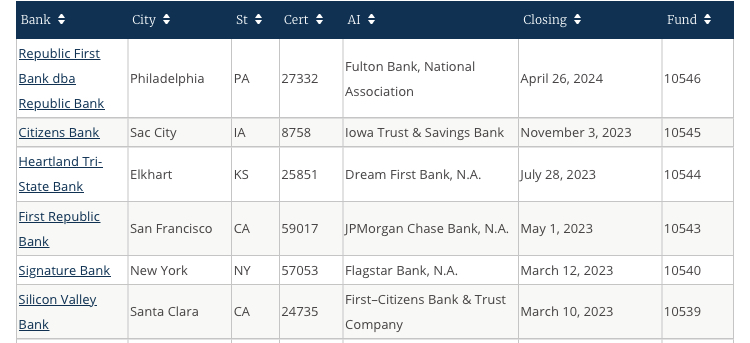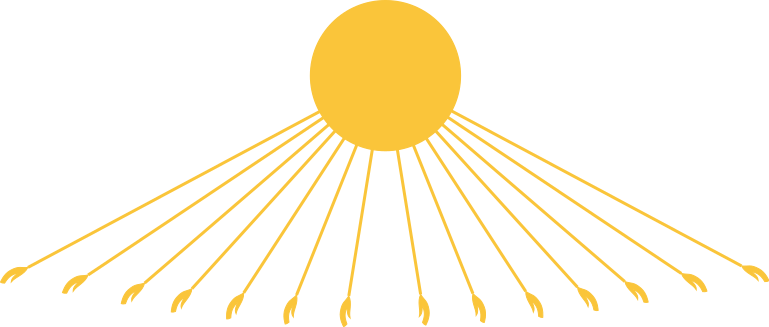[Regional Banks, Banking, Centralization] – [Capital One to Acquire Discover, Wall Street Journal, February 20th, 2024]
- “For Capital One, the deal would also further expand the number of cardholders it will count as customers for its credit-card lending business. Many Discover cardholders have high credit scores.”
- “Discover also has consumer deposits, most of which are in savings accounts, allowing Capital One to continue to expand its already large presence in that area.”
- “By owning the Discover Network, Capital One could negotiate interchange fees and other terms directly with merchants for card transactions that travel over its networking, making Capital One more of a competitor to Visa and Mastercard.”
- Since neither Visa nor Mastercard are banks that own the network, the integration of Discover into Capital one, “the ninth largest bank in the country,” as well as one of the “major credit-card issuers,” signifies a step towards greater centralization within the American banking sector. It is a vertical merger and acquisition, since Discover is not a major competitor to Capital One but works in the same banking industry. It provides Capital One with a monopoly on the Discover network, empowering Capital One with the ability to dictate terms or conditions for existing Discover customers who are not affiliated with Capital One. Neither Visa nor Mastercard are owned wholly by a bank. The merger and acquisition of Discover by Capital One represents a reversal of Visa’s process, formerly a program at Bank of American before becoming an independent business.
По мере развития банкового дела и концентрации его в немногих учреждениях, банки перерастают из скромной роли посредников в всесильных монополистов, распоря жающихся почти всем денежным капиталом всей совокупности капиталистов и мелких хозяев, а также большею частью средств производства и источников сырья в данной стране и в целом ряде стран. Это превращение много численных скромных посредников в горстку монополистов составляет один из основных процессов перерастания капитализма в капиталистический империализм, и потому на концентрации банкового дела нам надо в первую голову остановиться.
ИМПЕРИАЛИЗМ, КАК ВЫСШАЯ СТАДИЯ
КАПИТАЛИЗМА § II. БАНКИ И ИХ НОВАЯ РОЛЬ
America’s regional banking crisis, which the US Federal Reserve exacerbated with its ‘measures’ to counteract untamable inflation, is one more side of the process of the concentration of capital into ‘omnipotent’ monopolistic banks.

[Regional Banks] – [Stock Plunge Reignites Fear for Regional Banks, WSJ, February 1st, 2024]
[Regional Banks] – [“Bank Went From Crisis Winner to Next Worry,” Wall Street Journal, February 12th, 2024]
[Regional Banks]- [“Banking Turmoil: What We Know,” NYT, March 15, 2023]
[Regional Banks] – [“В США потерпел крах первый за 2024 год банк,” РИА, 27.04.2024]
[Regional Banks] – [A Timeline of How the Banking Crisis Has Unfolded, NYT, May 1st, 2023]
[Regional Banks] – [Steve Mnuchin Backs New York Community Bank in $1 Billion Dollar Deal, NYT, March 10th, 2024]
[Regional Banks] – [$1 Billion, NYT, March 10th, 2024]
[Regional Banks] – [Regulators Seize Republic First, a Troubled Philadelphia Bank, NYT, April 26, 2024]
It is clear that the United States is introducing the world to the processes related to the maturation of the current epoch into its latest stage. The aspects of these processes such as the “redivision of the world among unions of capitalists” or the “redivision of the world among great powers” together with the concentration of capital constitute the basis for deriving the satisfaction of the preliminary elements of Lenin’s theory on imperialism from readily developing current events both in the United States as well as around the world.
